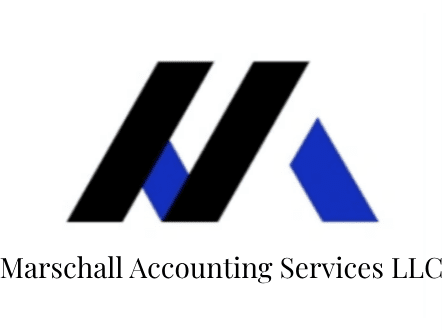November 17th, 2023
The “Dirty Dozen” is an annual list released by the Internal Revenue Service (IRS) in the United States that highlights common tax scams and schemes that taxpayers may encounter. The list is meant to raise awareness and help individuals and businesses protect themselves against fraudulent activities. Keep in mind that the specifics of the list may change from year to year, but here are some examples of scams that have been featured on previous Dirty Dozen lists:
1. **Phishing:** Taxpayers should be cautious about fake emails or websites looking to steal personal information.
2. **Phone Scams:** Criminals posing as IRS agents may call and demand immediate payment, often threatening arrest or other legal action.
3. **Identity Theft:** Taxpayers should be vigilant against identity theft, where criminals use stolen personal information to file fraudulent tax returns.
4. **Return Preparer Fraud:** Some unscrupulous tax preparers may scam clients by promising inflated refunds or charging excessive fees.
5. **Inflated Refund Claims:** Be wary of anyone who promises larger-than-normal tax refunds. This could involve falsely claiming tax credits or deductions.
6. **Fake Charities:** Scammers may use fake charities to solicit donations, taking advantage of taxpayers’ generosity.
7. **Excessive Claims for Business Credits:** Avoid improperly claiming business credits, which could lead to audits and penalties.
8. **Falsely Padding Deductions on Returns:** Taxpayers should avoid inflating deductions to reduce the amount of taxes owed.
9. **Fake Payments with Repayment Demands:** Criminals may file false tax returns and direct refunds to bank accounts they control, then call taxpayers posing as IRS agents to demand the return of the fraudulent refund.
10. **Abusive Tax Shelters:** Be cautious of the use of complex tax structures to avoid paying taxes.
11. **Frivolous Tax Arguments:** Some taxpayers may be tempted to make frivolous arguments to avoid paying taxes. However, this can lead to penalties.
12. **Offshore Tax Avoidance:** The IRS warns against hiding money or income offshore to avoid paying taxes.




